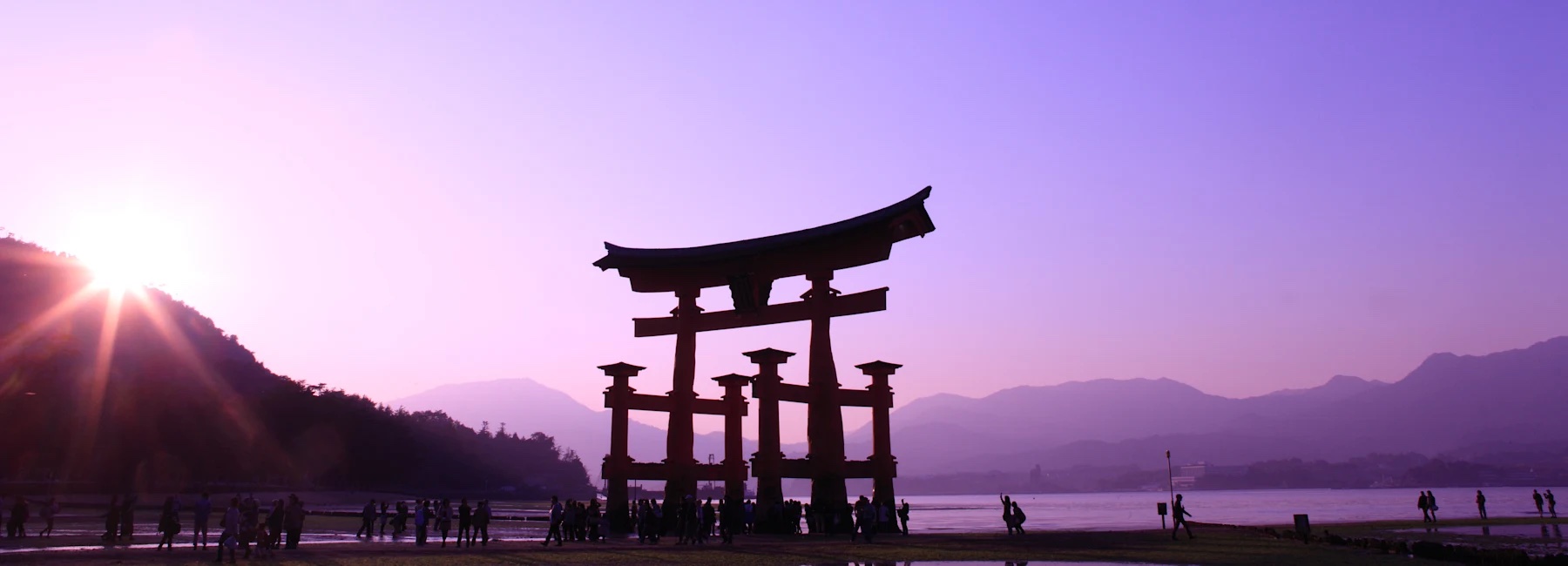One of the questions we often hear from travelers is “when is the best time to cruise?” It’s hard to answer because there are so many possibilities! Do you prefer peak season in the Mediterranean or shoulder or winter voyages there? Do you like cooler climates or more tropical ones? Are you interested in marquee ports or offbeat destinations (or a combination of both)? In our new series, Best Time to Cruise to…we’ll break down the regions where we love to cruise and also offer answers that hopefully will help you hone in on your next great trip, wherever you’re traveling.
First, know what each of the seasons mean in the region you’re considering. And in the meantime, check out these handy tips on identifying the best time of the year to cruise.
Choosing a season for your cruise is not just about understanding when fares go up – and come down. It’s about the experience, too. In French Polynesia you can have “beach season” on every sailing. In the Mediterranean, beaches and watersports are more limited to summer months. In Alaska, early spring cruises in April and May can be more weather challenged than the summer months (and early autumn can be marvelous) but you’ll encounter fewer crowds and more serendipitous possibilities.
Peak Season

Overview: Peak season is the prime time to go on vacation. Usually, peak season is aligned with school vacations and popular holidays, and there is a surge in demand. It’s also generally the time when weather and climate are more predictably fine. In this case, peak season in the British Virgin Islands on a Caribbean cruise is the winter holidays through March. In the Mediterranean and Alaska, it’s summer.
Benefits: With sunny skies and busy ports, traveling during peak season promises vibrant energy at the cost of crowds and higher prices. It’s the best time to cruise as a family since kids are out of school on breaks.
Shoulder Season

Vancouver’s Butchart Gardens, here in spring, is a magnificent reason to try an early Alaska cruise
Overview: What determines shoulder season? It curves around peak season, otherwise known as high season, and it’s changing. That’s because, in places like Canada/New England, northern Asia and the Mediterranean, even Alaska, spring starts earlier than it used to (April instead of May) and autumn stretches a month or more beyond the usual end-of-August.
Benefits: Vacationers can save money by traveling during the shoulder season between high and low seasons. Shoulder season offers a chance to experience locations with fewer people and still-pleasant weather.
Low Season

Overview: Low season cruising impacts year-round itineraries, like French Polynesia and the Mediterranean, only a little bit. In both cases, the season is determined by weather. French Polynesia, which is a tropical destination all year long, experiences its dry season from November to April; the warmer months can be more humid and feature stormy spells (and yet the mountains are most gorgeous then). The Mediterranean is a different story: winters are cool and you’ll want to layer up.
Benefits: Fewer crowds, for sure, and you may snag better deals on cruise fares not to mention air and pre- and post-cruise hotels.
Here are more tips on choosing the best cruise for you
How do you feel about crowds?
Understanding that high season in cruise regions means more people – but also offers a lively vibe and is typically occurring when travelers are more likely to fit a trip into their schedules, there are benefits. At the same time, if you prefer a more laid back experience, consider trading optimal weather for a bit more unpredictability – but fewer lines.
Build your trip around special events and festivals
Timing your cruise to coincide with local festivals and events can add extra excitement to your voyage. From Carnival in Rio de Janeiro to the Lantern Festival in Taiwan to Christmas markets in Europe, participating in these celebrations offers a unique window into a culture’s traditions and customs. Festivals infuse destinations with vibrant colors, music and energy. They provide opportunities to engage with locals, witness traditional performances and savor authentic cuisine that might be unavailable during other times.
Consider Budget-Friendly Seasons
Timing can influence cruise prices. Peak seasons often come with higher costs due to increased demand. If you’re looking for options, consider cruising during shoulder or low seasons. Many cruise lines offer discounted rates during these times. Watch for special promotions, early booking discounts and last-minute deals. Subscribing to newsletters from cruise lines can help you find cost-effective options.
If you are planning a romantic getaway, get a handle on school holiday periods
Families often align their cruise timing with school breaks like summer vacations or holiday breaks. Couples seeking a more romantic and tranquil experience should consider off-peak times. These periods allow more opportunities for couples to enjoy quieter moments onboard and explore destinations in a more serene setting.





















































